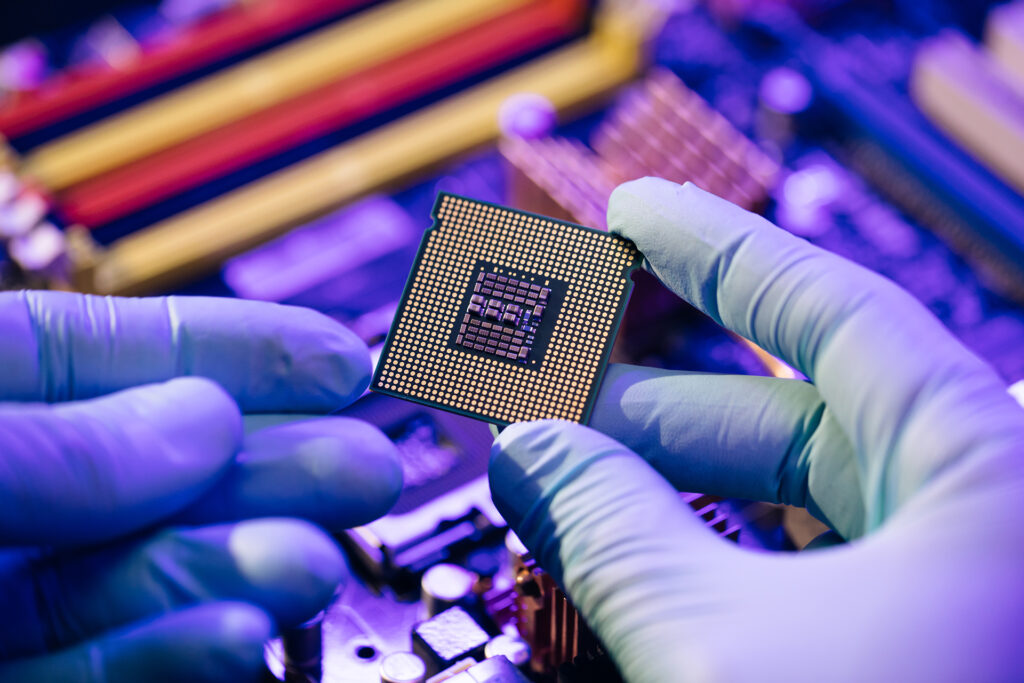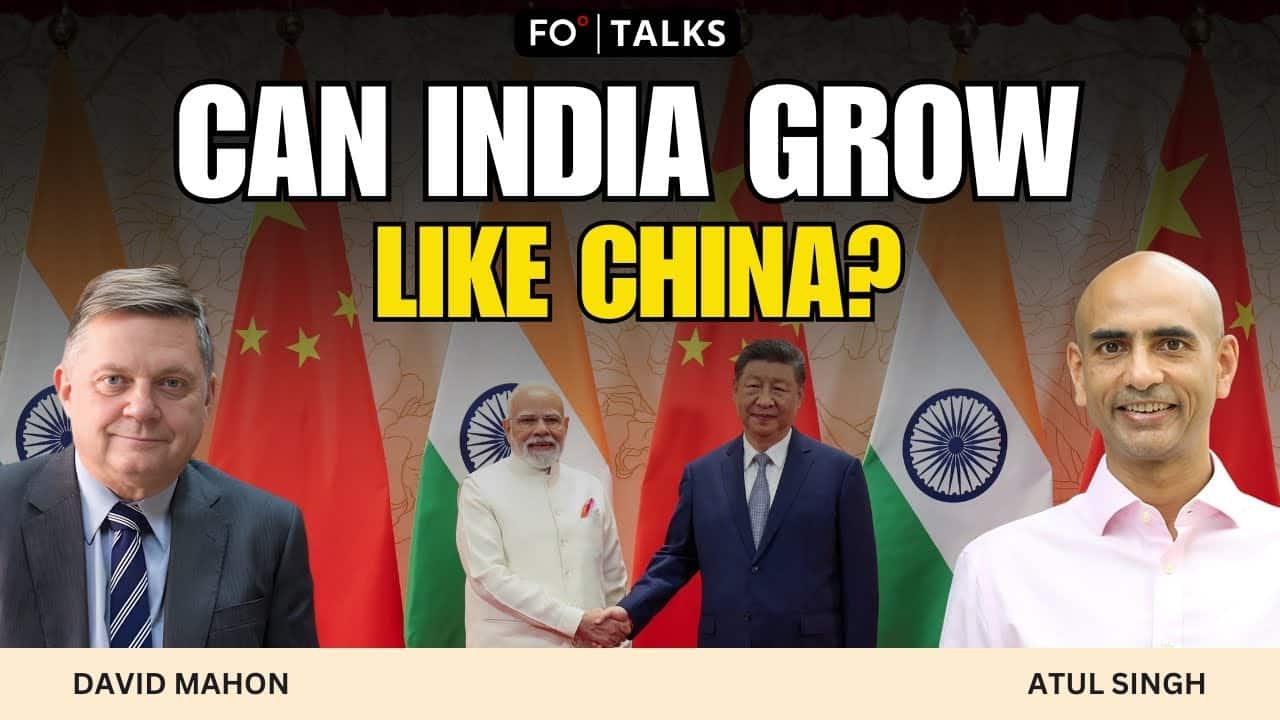The current geopolitical environment has made each country recognize the value of building a high-tech ecosystem to provide economic and military security. If India has to compete with China, building capabilities in high-tech or deep-tech will be essential. When it comes to such tech, semiconductors assume extraordinary importance. Here’s why.
Semiconductors are a natural dual-use technology. If you study the history of semiconductors, the military is a natural first user before the technology entered the commercial domain. The Russia-Ukraine War has also taught us the value of semiconductors on the battlefield: from sensors and communication to precision-guided munitions.
Semiconductors first came to the fore in the 1991 Gulf War. In a matter of days, the US decimated Iraqi forces. US military supremacy was based on semiconductor chips. These enabled precision-guided missiles to hit their targets unerringly. Effective use of semiconductors in its military weaponry is a huge technological advantage for the US.
It is for this reason that the US has slapped trade restrictions on China. These aim “to slow the Chinese industry’s ability to produce advanced node semiconductors.” The US Congress has also passed “the CHIPS Act of 2022 to strengthen domestic semiconductor manufacturing, design and research, fortify the economy and national security, and reinforce America’s chip supply chains.” Semiconductors are now a national and even international security issue.
India has lived in a state of technology denial for far too long. It is imperative that India’s national security is built on its own semiconductor capabilities. The country is home to the world's largest number of chip designers. This is a perfect base to build Indian intellectual property serving India and the world.
The Indian government is finally making moves to improve both economic and military security. It has two flagship programs with a natural convergence: self-reliance in military technology and the India Semiconductor Mission. Prime Minister Narendra Modi has stated India’s ambition to be a net security provider, which is only possible when India becomes a net technology provider.
In the semiconductors industry, a fabrication plant is a factory where devices such as integrated circuits are manufactured. Generally, these plants are called fabs. Sometimes, they are called foundries. Fabs/Foundries need large capital investments that can range in the billions of dollars. Taiwan Semiconductor Manufacturing Company (TSMC) is the world’s most valuable semiconductor company that specializes in fabs/foundries. Fabless companies design microchips but contract out their production. NVIDIA and Qualcomm are classic examples. India needs both fabs/foundries and fabless at home.
The views expressed in this article/video are the author’s own and do not necessarily reflect Fair Observer’s editorial policy.










































Comment